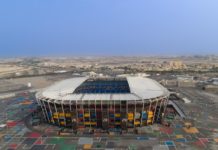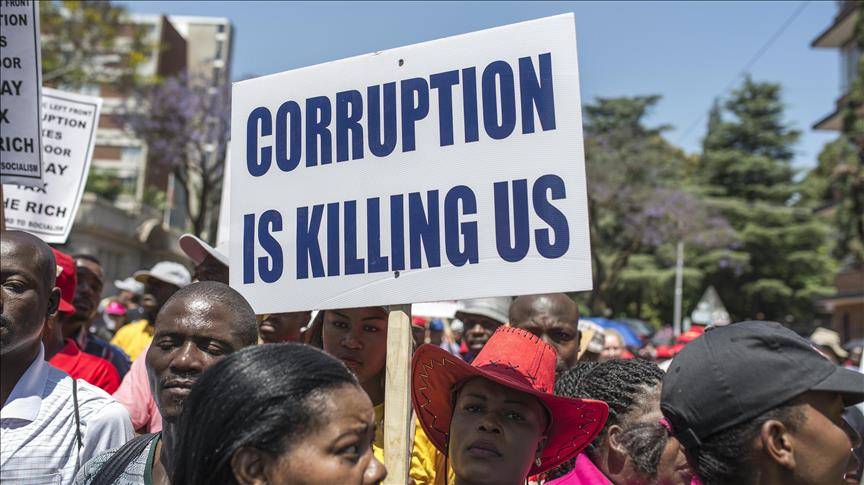
Ghana is losing an estimated $3 billion every year to corruption, a figure that continues to undermine national development, weaken investor confidence, and burden citizens with the cost of poor service delivery.
This startling figure, revealed by anti-corruption watchdogs and economic analysts, represents more than twice the country’s annual foreign direct investment.
According to GhanaRegions.com, the Ghana Anti-Corruption Coalition, the $3 billion annual loss comes from a range of activities including bribery, inflated procurement contracts, misappropriation of public funds, and illicit public-private deals.
However, when broader issues like tax evasion, smuggling, and illegal mining are factored in, total losses rise dramatically — exceeding $9 billion per year, according to estimates by Professor Isaac Boadi of the University of Professional Studies, Accra.
“These losses are not just numbers. They represent hospitals not built, roads left in disrepair, and job opportunities lost,” said Beauty Nartey, President of the Ghana Anti-Corruption Coalition.
Gold Smuggling Alone Costs $11.4 Billion
A recent investigative report by Swissaid and Reuters uncovered that Ghana lost $11.4 billion between 2018 and 2023 through illegal gold smuggling, primarily to the United Arab Emirates (UAE). Much of Ghana’s gold exports go unreported at customs, with traders exploiting weak oversight and tax loopholes.
The government has responded by removing a controversial withholding tax on gold exports, which many believe was driving small-scale miners into illegal trade routes.
Institutional Weakness and Lack of Enforcement
Experts say that corruption thrives in Ghana due to a combination of factors:
•Weak law enforcement and limited sanctions for offenders
•Manual and opaque systems in procurement and public finance
•Political interference in investigations and asset recovery
•Ineffective asset declaration and public accountability
Although Ghana has institutions such as the Office of the Special Prosecutor, CHRAJ, EOCO, and the Auditor-General, these bodies often lack the resources and independence to deliver results.
$21 Billion in Potential Recoveries
In response to growing pressure, the government has launched investigations into high-profile scandals, including alleged mismanagement of funds for the National Cathedral, undervalued state land sales, and illegal currency printing. The Operations for Recovery of Assets and Losses (ORAL) task force has identified $21 billion in potential recoverable funds.
However, critics argue that these efforts are too slow and risk becoming politically selective if not independently enforced.
The Cost of Inaction
To put Ghana’s corruption losses into perspective:
•The Free Senior High School program costs approximately $1.5 billion/year — one-sixth of the total losses.
•Ghana’s entire national health insurance budget could be funded several times over with the lost funds.
•Corruption remains a leading cause of poor infrastructure, unreliable electricity, and low investor confidence.
The Way Forward
Civil society groups, economists, and international partners have urged the government to:
•Fully digitize public finance and procurement systems
•Strengthen and insulate anti-corruption agencies from political pressure
•Enforce asset recovery laws and prosecute high-level offenders
•Educate the public and protect whistleblowers
As Ghana heads into another election cycle, corruption is expected to remain a top issue. Voters, activists, and the international community are watching closely to see whether Ghana can shift from rhetoric to action.
“Ghana cannot afford to lose $3 billion a year and still hope to build a prosperous future,” says Prof. Boadi. “Fighting corruption must be a national emergency.”
Watch video below:
@ghanaregions Ghana EOCO, CHRAJ, OSP. #fyp #foryou #treanding #GhanaRegions #ghanatiktok🇬🇭 #MultiDebrichGroup ♬ original sound – Ghana Regions




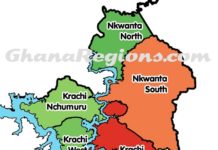
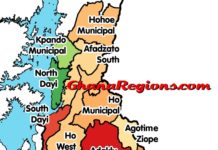













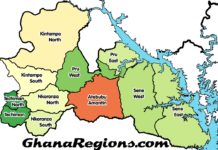












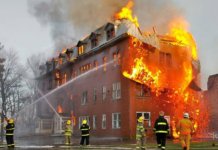

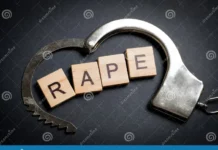
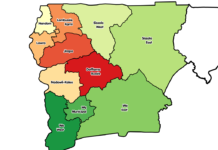
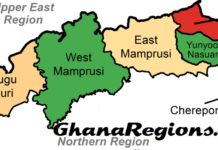












![Morocco knock out Spain on 3-0 penalties to reach FIFA World Cup 2022 quarter-final, Morocco vs Spain (0-0) (3-0) [Video]. Morocco knock out Spain on 3-0 penalties](https://ghanaregions.com/wp-content/uploads/2022/12/Watch-Morocco-vs-Spain-0-0-and-3-0-penalties-218x150.jpg)





